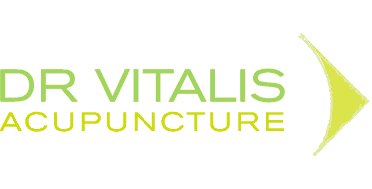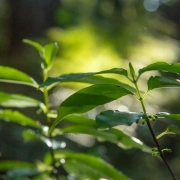Acupuncture vs antibiotics – “All doctors told he was going to die”
Mar. 27- Two years ago, Ivan Toirac was admitted to Mercy Hospital in a coma following a drug overdose.
“All the doctors told us he was going to die, or was going to be like a vegetable for the rest of his life,” recalled his father, Arturo Toirac.
Then Patty Hutchison began working with the hospital’s doctors. Founder of Mercy’s holistic care program, she began acupuncture therapy on him.
“The first thing that happened was his kidneys, which were totally closed, according to the doctors, opened up,” Arturo says. “My son is alive, talking to us and recognizes us.”
“Patty, she’s all right,” adds Ivan, his voice labored but clear.
What makes Mercy’s program unusual is that Hutchison practices on site, integrating her primary treatments — acupuncture, homeopathy and cupping — with that of the hospital’s 700 doctors.
“There is not just one way of doing things . . . We integrate,” Hutchison says. “If you need an antibiotic, that is fine. But after you take the antibiotic, there are probiotics to put the intestinal flora back in so you don’t catch something else.”
The medical community is starting to take notice.
“It’s growing because our medical knowledge only takes us so far,” says Dr. Hugo Gonzalez, chief medical officer for Sister Emmanuel Hospital, a Coconut Grove facility that treats long-term care patients, in stays of 25 days or more. “Holistic offers an additional way to help people.”
The University of Miami’s medical school, for example, has provided alternative medical care through its Complementary Medicine Program for a decade. The program is housed in a building on the grounds of the Jackson Memorial Hospital campus.
“It’s an important program for patients,” says Dr. Pascal Goldschmidt, dean of the UM’s Miller School of Medicine.
“With the patient population I work with . . . cancer therapy . . . Patty works on relaxation and to ease nausea and some of the vomiting,” says registered nurse Karen Stephenson, oncology clinical specialist coordinator at Mercy.
Hutchison says she has treated approximately 300 patients since 2005. Each patient is visited an average of five times. Doctors are coming along, too. “It’s tough to accept something new; most doctors are not educated about this in medical school. I would like to see it grow. It’s a good tool to have here,” Stephenson says.
Teaching hospitals, such as UM’s medical school, are now required courses in complementary alternative medicine (CAM). In fact, 78 percent of medical schools required courses in CAM in 2004, up from 26 percent in 2001, according to the Association of American Medical Colleges.
Some studies on acupuncture have shown promise (…) There is no evidence, however, that acupuncture can be directly linked to bringing someone like Ivan Toirac out of a coma, says substance abuse expert Dr. Lauren Williams, assistant professor of psychiatry from the University of Miami.
“Acupuncture has been used in the treatment of addiction, but it’s always been an adjunct to psychosocial programs. Proponents say acupuncture works for them, but it’s not mainstream and not a stand-alone treatment by any means,” Williams says.
“Cancer, in particular, is a multidisciplinary disease,” says Dr. Jorge Antunez De Mayolo, a hematologist oncologist at Mercy. “It requires multiple medical specialties to handle each aspect. Patty does Oriental medicines, helps with massage, acupuncture, the control of pain. Physical therapists help us keep patients ambulatory. Nutritionists regulate caloric intake to help patients overcome the side effects of medicines. Psychologists help with coping. None of us has a predominant role.”


